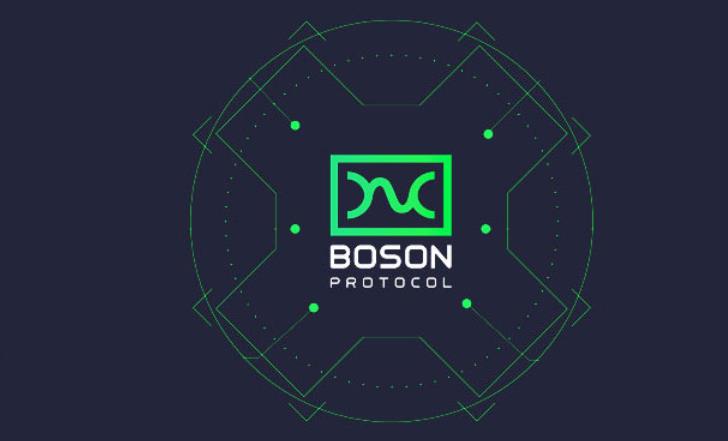The Boson Protocol has redesigned the redeemable NFT marketplace
ADVERTISEMENT
Boson Protocol announced at NFT.London a revamped version of its NFT platform that allows people to sell real items in the form of nonfungible tokens that can be burned and redeemed for the actual product within a certain time period.

Buyers can then trade, gift, and transfer these NFTs without ever owning the physical item — similar to a forward contract for a physical thing programmed within smart contracts. “Rather than tokenizing physical assets, redeemable NFTs tokenize the right to receive a physical asset within a given time period,” according to the Boson Protocol website.
The platform will focus on high-end items. “We have a number of projects where they’re tokenizing expensive wine and luxury whiskey,” co-founder Justin Banon noted. “Someone will get a redeemable NFT that they may store or trade for five or ten years while the whiskey ages,” he added, adding that “those kinds of goods would create a commodities market for luxury whiskey.”
Banon also sees NFTs as a way to combine different products, such as digital twins — real-world items that have a metaverse twin, such as a physical t-shirt that is also a metaverse wearable. “You could go to a football game with a ticket, a redeemable shirt, and a token that gives you access to a digital download of the game.” “He used himself as an example. “It’s a solution for combining digital, physical, and experiential elements,” he added.
Promoters of redeemable NFTs claim that they have the ability to give customers more control. For example, if your one-year gym membership was an NFT and you decided you didn’t want to use it anymore, you could sell it to someone else who could spend the remaining time on it — rather than being bound into a contract.
The disadvantage is that this may result in price hikes. BarrelDAO released a collection of 333 NFTs in August, redeemable for a limited edition 16-pack of Solana-themed beer. It was rapidly out of stock. The original NFTs cost 1.35 SOL (then $45) each, whereas the ones on Magic Eden had a starting price of 2.49 SOL (then $79.61).
This creates a problem in e-commerce when sellers fail to deliver a product. “Let’s say someone tokenizes a $1,000 pair of sneakers and then sells that token on an NFT website for $5,000,” Banon explained, adding, “there’s a challenge here — if the seller doesn’t deliver, the second buyer has paid $5,000 for something, and there’s only $1,000 in the protocol that they will get back in the case of the thing not being delivered.”
The Boson Protocol’s solution for this is known as “sequence commit” – instead of the redeemable NFT being exchanged outside of the protocol, following buyers will actually pay their money into the protocol. “The procedure will hold that money and, as a result, protect later buyers from this type of partial rug pool,” Banon explained.





